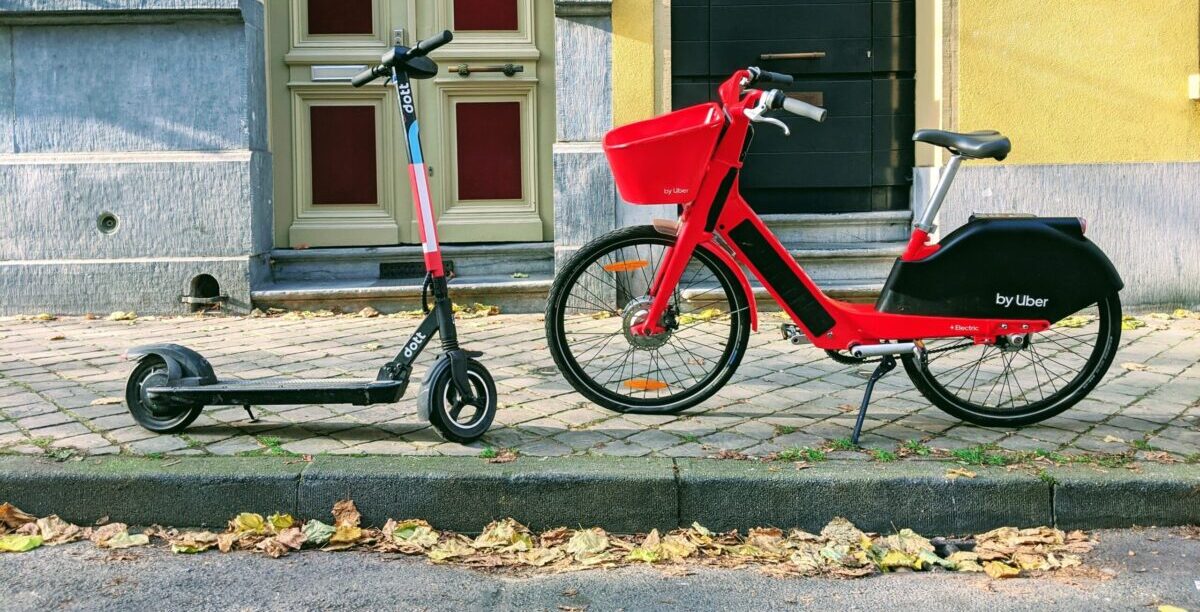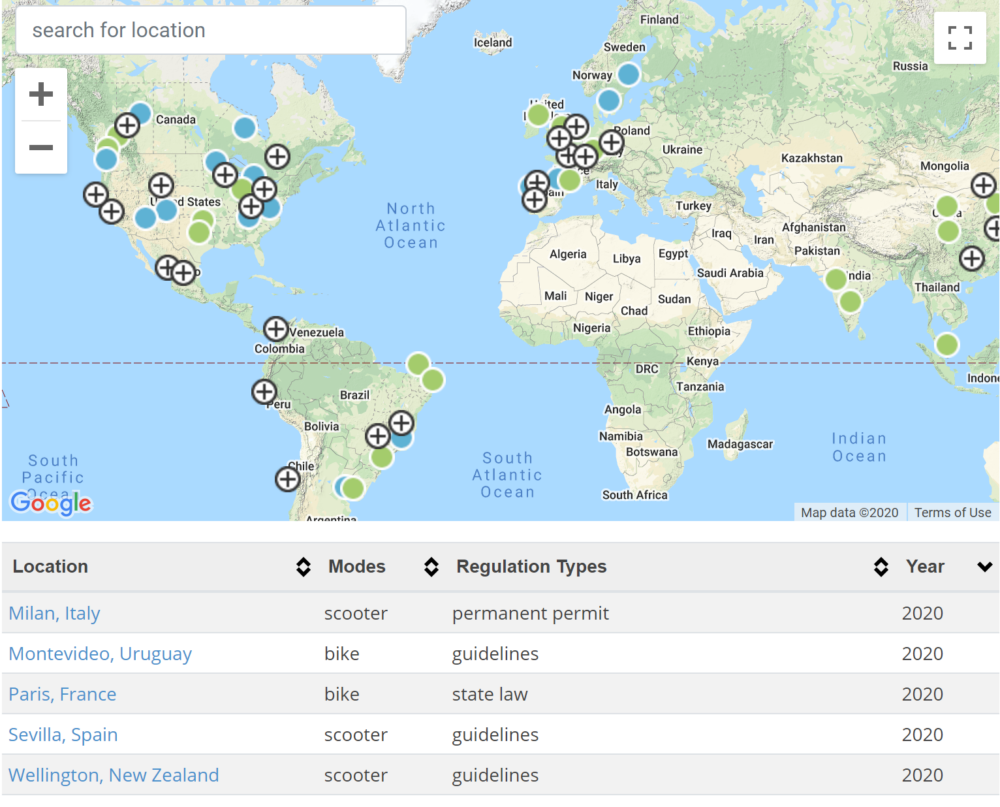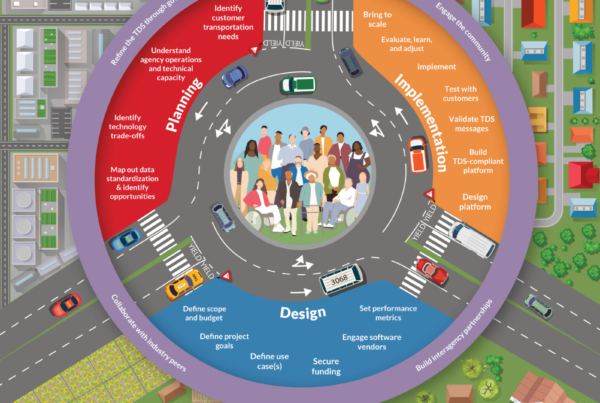The Micromobility Policy Atlas, a collaboration between the Shared-Use Mobility Center (SUMC), the New Urban Mobility alliance (NUMO), and the WRI Ross Center for Sustainable Cities, provides a new set of tools to understand the different ways cities are approaching the regulation of micromobility services like bike- and scooter-sharing.
With a database cataloging more than 100 micromobility policies and management approaches from over two dozen countries, the Atlas empowers decision-makers to guide the effective management of bike- and scooter-sharing services, maximizing public goals while reining in disruptive effects.
“SUMC provides tools and resources for agencies to help promote a greater understanding of how to get the most value from these services. We hope this new collaborative Atlas will add to that body of knowledge so we can continue to expand mobility for all.”
Sharon Feigon, Founder and Executive Director, Shared-Use Mobility Center
“The sudden advent of micromobility services caught many cities and public agencies off guard. With this tool, they can quickly analyze and assess how their peers are regulating micromobility and keep up to date with the latest regulatory innovations that others are trying out. NUMO is thrilled to collaborate with WRI Ross Center for Sustainable Cities and SUMC in this effort, and we are glad to add the Micromobility Policy Atlas to our suite of tools to help cities better address the challenges and opportunities created by new technologies in the transportation sector.”
Harriet Tregoning, Director, New Urban Mobility alliance
For every city in the database, the Atlas classifies micromobility policies across nearly a dozen areas of regulation, providing English-language information on guidelines, permits, and laws from local and state/provincial levels dating from 2017. Included are operating rules like parking and use of bike lanes; fleet size limits, fees, and fares; equity plans and requirements; and data and communications guidelines, as well as links to the original policy documents.
“The global scope of the tool lets us share learning and collaborate on solutions,” says Feigon, “so we can better address global challenges like COVID-19 and climate change.”
The Micromobility Policy Atlas was created as part of SUMC’s Mobility on Demand (MOD) Learning Center, a suite of free tools, information, and documents from the world of shared mobility, and will continue to grow as new policies and analyses are added in coming months.
Explore the Micromobility Policy Atlas
MEDIA CONTACT: Leslie Gray
TECHNICAL CONTACT: Colin Murphy
Shared-Use Mobility Center





